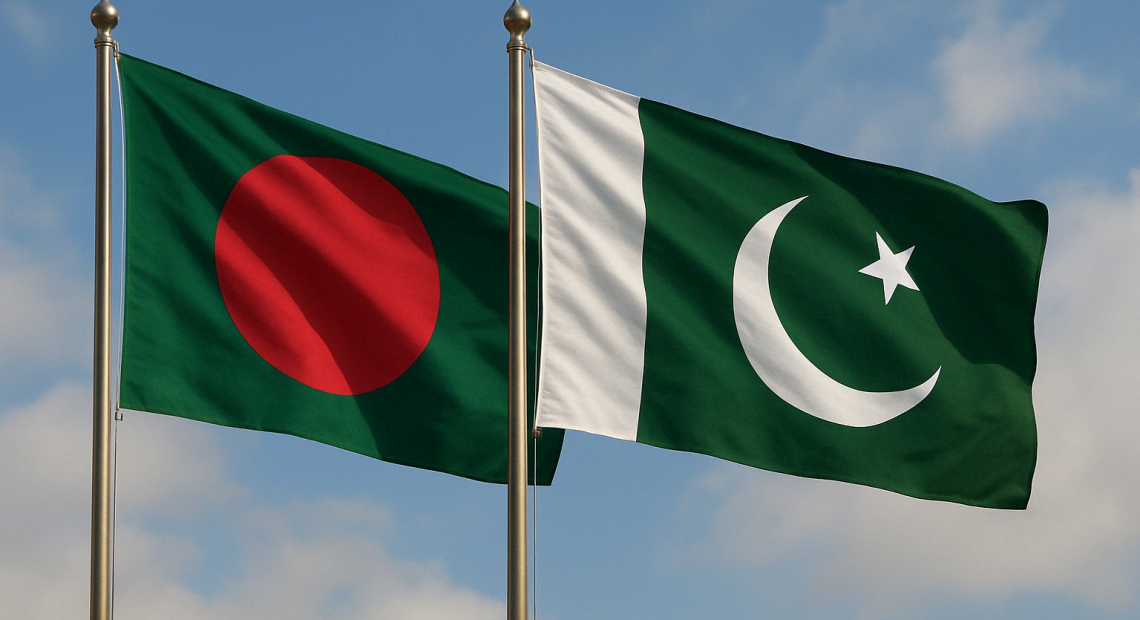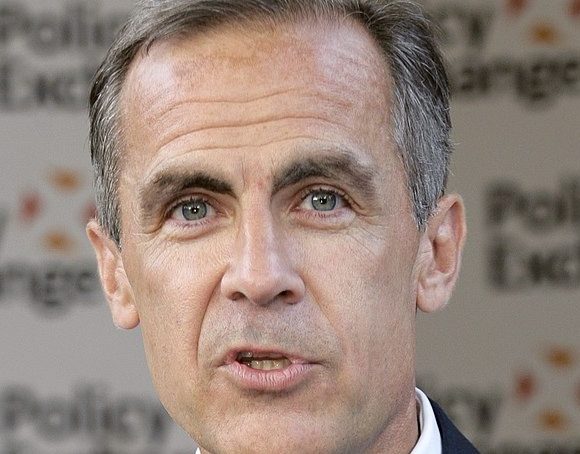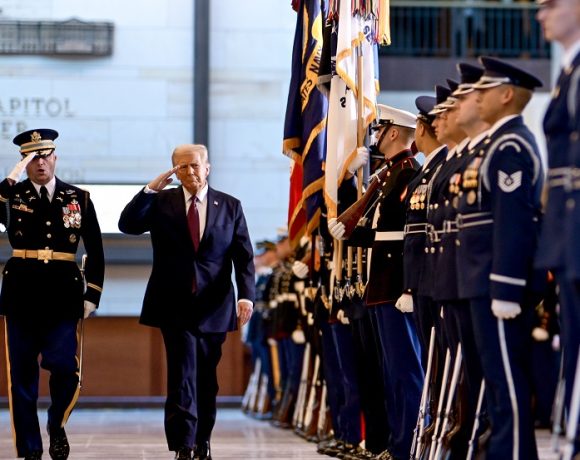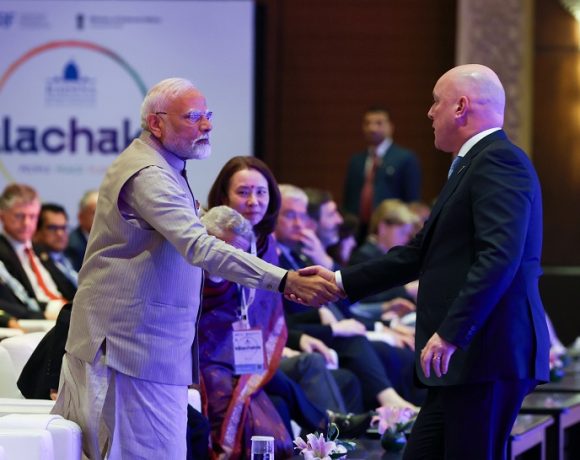
Pakistan and Bangladesh Agree on Visa-Free Travel for Diplomats
Pakistan and Bangladesh have reached a diplomatic accord to grant visa-free entry to holders of diplomatic and official passports, signaling a notable deepening of bilateral relations and renewed cooperation on security matters.
Agreement at High-Level Talks
Interior Minister Mohsin Naqvi of Pakistan met with Bangladesh’s Home Affairs Adviser, Lt. Gen. (Retd) Jahangir Alam Chowdhury, in Dhaka on July 23, and finalized the visa-free protocol for diplomats and government officials. This move follows a long period of limited engagement between the two nations, and is seen as a gesture of mutual trust and openness.
Focus on Security Cooperation
Alongside the visa agreement, both sides agreed to enhance cooperation on internal security, joint counter-terrorism efforts, and combating drug trafficking and human smuggling. They committed to forming a joint committee to coordinate initiatives, and discussed launching exchange programs between their national police academies.
A Strategic Reset in Relations
These developments come in the wake of political changes in Bangladesh, including the ouster of former Prime Minister Sheikh Hasina and the formation of an interim government led by Nobel laureate Muhammad Yunus. Since then, Bangladesh has pivoted toward closer engagement with its neighbours, reversing years of pro-India alignment. Ties with Pakistan had been largely dormant since the 1971 war but have now begun warming.
India’s Watchful Eye
Indian officials are closely monitoring the agreement, citing potential security implications—particularly with respect to intelligence activities and movement along the eastern and northeastern borders. India has raised concerns about possible easier access for Pakistani officials, which could impact regional stability.
Next Steps
While the agreement was termed a “principled breakthrough,” no timeline has been announced for implementation. A Bangladeshi delegation is expected to visit Pakistan soon to explore cooperation in areas such as police infrastructure and law enforcement training. The overall outcome may influence broader diplomatic and security dynamics in South Asia.


















